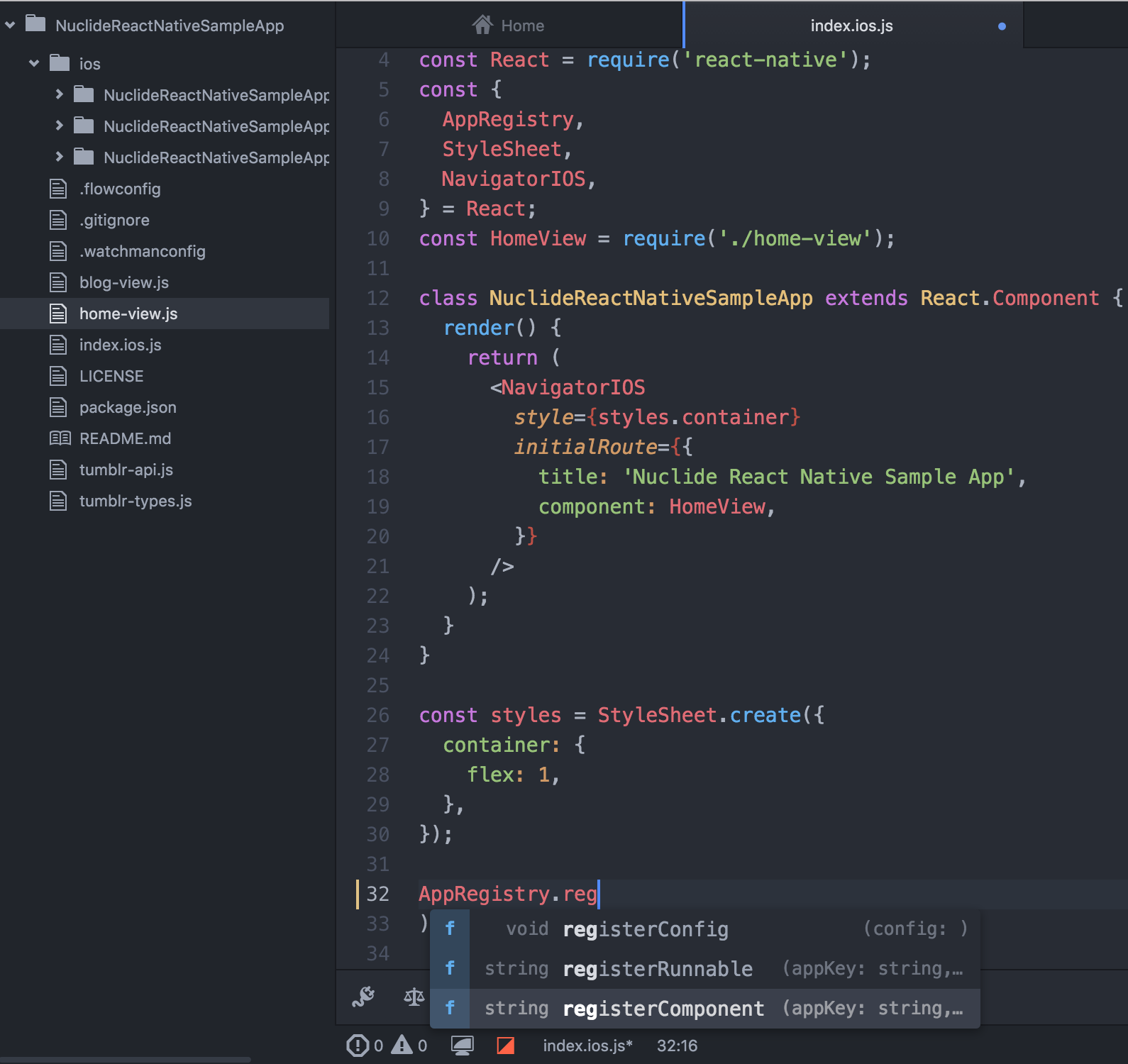
- #React native uuid generator how to#
- #React native uuid generator software#
- #React native uuid generator mac#
Most programming languages provide functionalities for generating UUIDs.

In critical cases, shortening UUIDs may be detrimental to your application. However, you can shorten a UUID for various purposes, although this is not advised because shortening UUIDs increases the probability of collisions. The standard length of generated UUIDs is 128 bits. UUID collisions may be detrimental, primarily when used in the same case - for example, a UUID collision where the UUIDs are the primary keys in a database. UUID length and collisionsīecause the UUID protocol was designed to implement unique UUIDs, UUID collisions occur when two or more computers generate the same UUID.Įach UUID is distinct from other existing UUIDs, with a 0.00000006 collision probability and an estimated 85 years before the first case of collision (when there will be 2.71 quintillion UUIDs) if computers generate one billion UUIDs per second.
#React native uuid generator software#
You can use UUIDs in many areas of software development, from distributed applications, databases, networking, and scenarios where a higher degree of randomness is significant. The uuidgen command is available on Windows, Linux, and macOS systems to generate UUIDs on the command line or terminal. Uuidgen help // view help for the UUID command. Most operating systems have a CLI tool for generating UUIDs.
#React native uuid generator mac#
While v1 UUIDs use the timestamp and Mac address of the generating computer to identify, v4 UUIDs use random number generators depending on the website that is generating them. The generation of different UUID versions occurs with different algorithms and methods. The IETF (Internet Engineering Task Force) defines the UUID protocol in RFC 4122 as “A 128-bits-long identifier that can guarantee uniqueness across space and time.”
#React native uuid generator how to#
In this article, you will learn about UUIDs, UUID collisions, and how to generate UUIDs in Node.js using three packages. Similar to Microsoft’s GUIDs (globally unique identifiers), UUIDs are unique 128-bit values popularly used to uniquely identify entities on the internet. One method of user identification on the internet is UUIDs, or universally unique identifiers. User identity and security are critical factors for building modern applications, and many measures are in place to ensure the security of users’ identities. Find me on Twitter Understanding UUIDs in Node.js

This is essentially the same as UUID version 3, except that it uses SHA-1 instead of MD5.Ukeje Goodness Follow I am a data analyst who writes about cryptocurrencies and decentralized ledger technologies. On the surface, v4 looks similar to v1, except that v4 is generated totally randomly, and contains no link to either the time of generation or the device it was generated on. This is the version that you will almost always encounter in software development. Version 3 UUIDs are derived from two different pieces of input information - an input string and a namespace - and then converted into a UUID using the MD5 hashing algorithm. This version is an evolution of version 1 for distributed computing environments that isn’t widely used. Version one joins together a timestamp and the MAC address of the device that’s generating the ID to create a value that’s unique to that device at that specific point in time.

However, just so that you’re aware, there are five versions of the UUID algorithm: UUID Version 1 In software development you are almost always going to be using UUID version 4, and for the purposes of this article that’s the version I’ll be referring to. If you’ve ever come across a string that’s formatted like this:

There is a very tiny risk of collision - but it’s so low that you can essentially ignore it and treat the value as unique. UUIDs are 128 bit values that are commonly used for unique identification in software. UUID is short for Universally Unique Identifier (sometimes also known as a Globally Unique Identifier, or GUID). In this article I’ll show you how to easily generate UUIDs using the react-native-uuid package. In most cases you’d generated your UUIDs on the server, but on occasion you might need to generate them in your React Native app. If you want to generate a unique string to identify a particular piece of information, you’re going to want to reach for UUIDs.


 0 kommentar(er)
0 kommentar(er)
